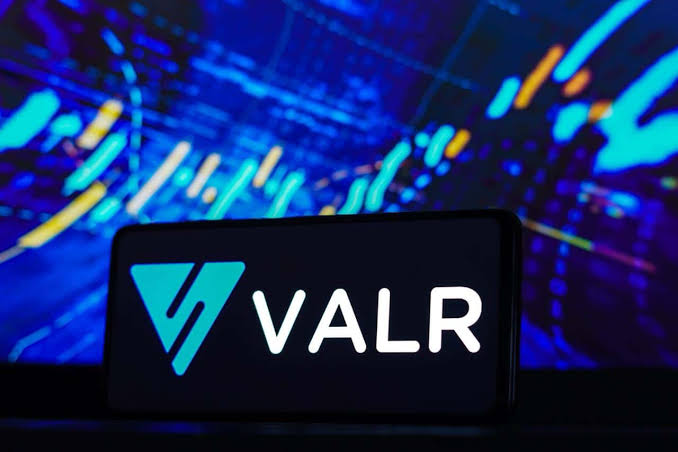The Financial Sector Conduct Authority (FSCA) has issued new crypto asset service provider (CASP) licenses to South African cryptocurrency exchange VALR in accordance with new regulations for businesses in the sector.VALR obtained Category I and II CASP licenses from the FSCA after obtaining $55 million in equity capital from Coinbase Ventures, Pantera Capital, and other sources.VALR is now among the first bitcoin businesses in the nation to hold both licenses.Farzam Ehsani, the CEO and co-founder of VALR, told Cointelegraph that the exchange has reached a major milestone with the FSCA’s granting of a CASP license.
In order to create and execute a regulatory framework that protects investors while promoting the expansion of the blockchain and cryptocurrency industries, the business has been actively collaborating with South African regulators.
“Our license underscores our unwavering dedication to compliance, security, and providing a trustworthy platform for the crypto community. We welcome this regulatory milestone for South Africa and applaud the regulators for taking this important step for the nation,” Ehsani said.
In order to comply with South African rules, crypto asset service providers have six months from the date the FSCA opened licensing applications in June 2023 to submit an application.Businesses were need to apply by November 2023 and would be subject to the Financial Advisory and Intermediary Services Act of the nation.
Ehsani went on to describe the distinctions between the two types of licenses.In South Africa, a CASP needs a conventional financial service provider (FSP) license known as a CAT I license in order to offer advise or exchange services to its clients.
“A CAT II license, or discretionary mandate license, enables customers to give VALR and other licensed CAT II FSPs a mandate to use its discretion to structure the customer’s portfolio for example. This allows VALR to explore exciting product categories such as bundled offerings,” Ehsani said.
The statute intends to safeguard investors and consumers while empowering authorities to prosecute compliance violations.After years of development, regulatory foundations for cryptocurrency exchanges were finally completed, making South Africa the first nation in Africa to officially license cryptocurrency exchanges.
As was previously mentioned, in March 2024, the FSCA granted licenses to 59 cryptocurrency platforms.Out of 355 applicants, the FSCA was evaluating 262 license applications from cryptocurrency exchanges at the time of the original Reuters article.The Advertising Regulatory Board of South Africa revised its guidelines in January 2023 in response to the growing acceptance of cryptocurrency investing.The purpose of the rule modifications was to shield customers against unscrupulous advertising.
A recent addition to Section III of the nation’s advertising legislation mandates that South African businesses and people adher to specific advertising guidelines when offering cryptocurrency-related goods and services.Cryptocurrency offerings and other advertisements must “expressly and clearly” warn investors that their investments could lose money because “the value is variable and can go up as well as down.”Advertising for specific goods and services needs to be “easily understandable” to target consumers.Additionally, balanced messaging regarding the characteristics, benefits, dangers, and returns of the related good or service must be included in advertisements.Influencers on social media must also follow the updated guidelines.

